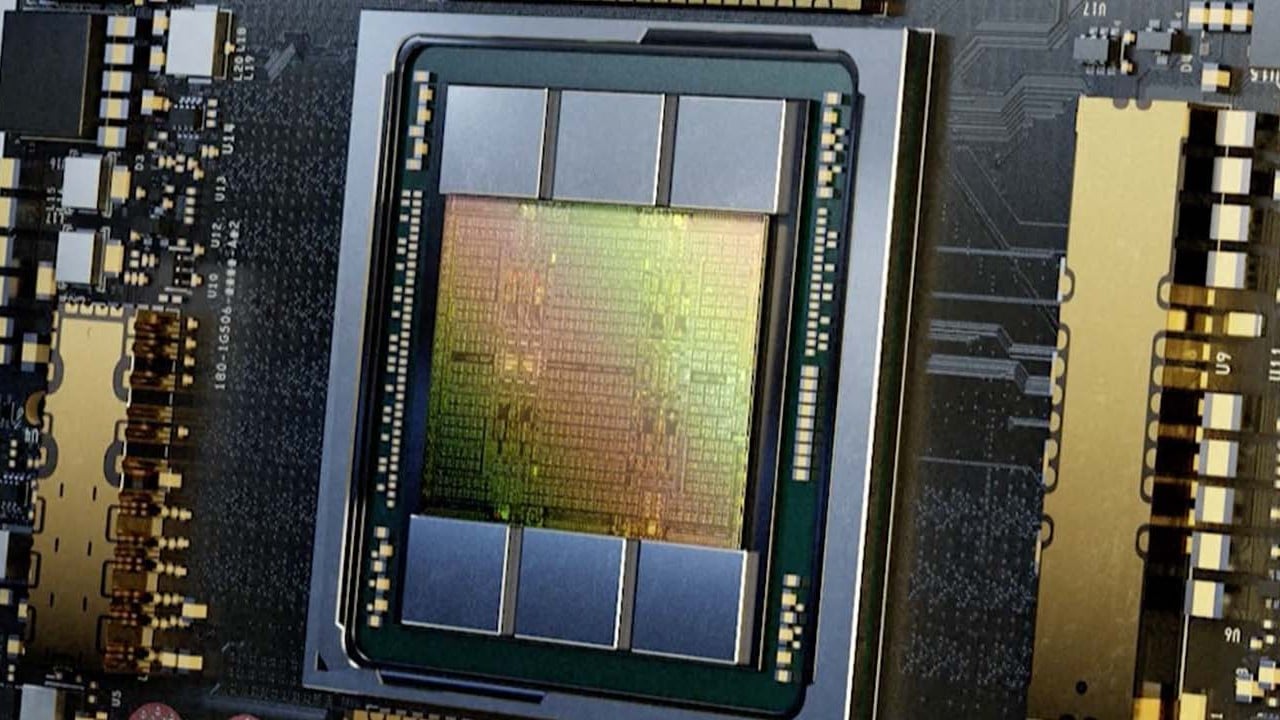
US will lose China tech war if 5G, AI, microchip ‘core’ fronts are not fortified, report warns
- Years between 2025 and 2030 to be critical, and the US must take action on three fronts or lose, first Special Competitive Studies Project report says
- ‘We only have one budget cycle to get this right,’ SCSP chief Ylli Bajraktari tells Defence Writers Group event
“We only have one budget cycle to get this right,” SCSP chief Ylli Bajraktari told a Defence Writers Group event earlier.
“If we don’t get our act together in these three core battlegrounds … in terms of bio, in terms of next-generation computer power, in terms of next-generation inventions, it’s not going to happen in the countries that are at the forefront of democracies today. Everything will happen in China.”
China had put great efforts into these areas, it warned, saying the US and its allies were “perilously and unwittingly close to ceding the strategic technology landscape and along with it the capacity to shape the future”.
Bajraktari noted that China had moved much faster on 5G, while warning that the US “cannot keep playing catch-up like we have on 5G and microelectronics supply chains”.
‘Difficult battle’ for Silicon Valley as China ramps up tech spending
The fierce US-China technological competition was shaping the future of geopolitics and the contest between democracies and autocracies, the report argued.
It said the US must take action across a broad range of public policy arenas to invest in its own technology advantages, strengthen the techno-industrial base, and deploy disruptive technologies democratically and responsibly.
It highlighted American advantages, such as being the global leader in talent, tech companies, financial markets, innovative culture, and alliance networks, and suggested that harnessing them could well “put the United States in a stronger strategic position in the world”.
The report identified six challenges the US must overcome to restore its competitiveness, namely, harnessing the new geometry of innovation, restoring the sources of techno-economic advantage, developing an American approach to AI governance, remaking the US global leadership in the age of tech competition, meeting the new requirements in the future conflict and defence, and collecting and processing intelligence in an age of data-driven competition.
The SCSP, which evolved from the Congress-mandated National Security Commission on Artificial Intelligence, focuses on advocating for the long-term technological competitiveness of the US.


